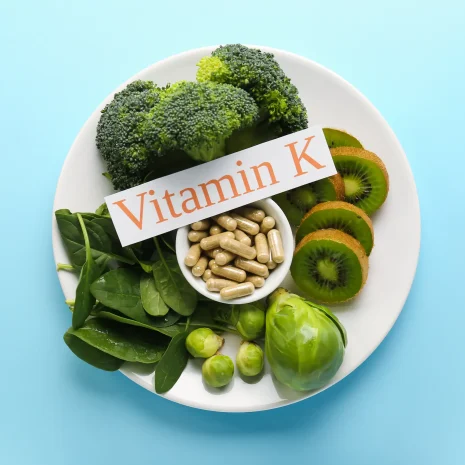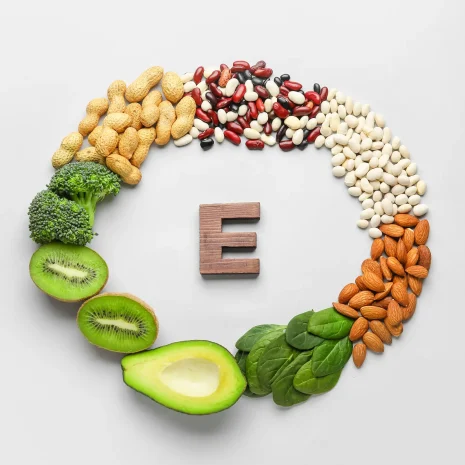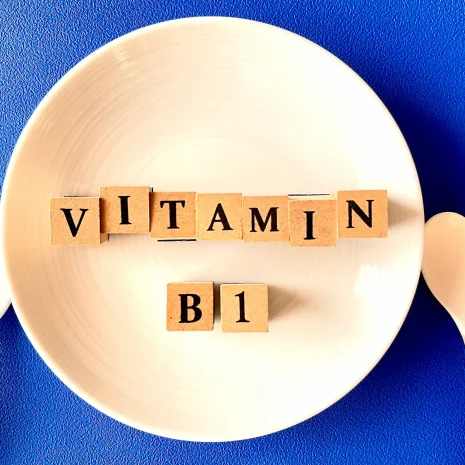What vitamins are good for the over 60s? : Supporting Optimal Health
As we age, particularly for individuals aged 60 and over, our bodies experience various physiological changes that affect nutritional needs. Ensuring adequate intake of vitamins and minerals becomes crucial for maintaining health, preventing chronic diseases and enhancing overall well-being. A well-balanced diet rich in essential nutrients can support vital biological functions that may decline with age.
What are the best vitamins for the over 60s?
1. Antioxidant Vitamins
Antioxidants help combat oxidative stress, which can lead to age-related diseases.
- Vitamin C: Essential for synthesising collagen and supporting the immune system, vitamin C also acts as a potent antioxidant. The recommended daily intake is 90 mg for men and 75 mg for women. Good sources include citrus fruits, strawberries, bell peppers and broccoli.
- Vitamin E: This antioxidant protects cells from damage and supports immune function. The daily recommendation is about 15 mg for adults, with sources such as nuts, seeds and vegetable oils.
2. Bone Health Support
Maintaining bone density is vital to prevent osteoporosis and fractures.
- Vitamin D: Crucial for calcium absorption, vitamin D plays a key role in maintaining bone health. Individuals over 60 should aim for a daily intake of 10 mcg (400 IU), especially if sunlight exposure is limited. Dietary sources rich in vitamin D include oily fish (like salmon and mackerel), fortified milk and egg yolks.
- Calcium: Necessary for maintaining bone strength and structure, adults aged 60 and above should aim for approximately 1,200 mg of calcium daily. Good sources include dairy products, leafy greens, almonds and fortified plant-based milk.
3. Energy and Metabolism Boosters
B vitamins are essential for energy production and overall metabolism.
B Vitamins: These vitamins help convert food into energy and support brain function.
- B6 (Pyridoxine): This vitamin aids in brain health and metabolism. The recommended intake is 1.5 mg for women and 1.7 mg for men. Find it in fish, poultry, potatoes and non-citrus fruits.
- B12 (Cobalamin): Essential for nerve health and energy production, individuals over 60 should aim for 2.4 mcg per day. This vitamin is particularly important for those following vegetarian or vegan diets. Sources include meat, fish, dairy products and fortified cereals.
4. Cardiovascular Health Enhancers
Heart health is especially important as aging increases the risk of cardiovascular diseases.
- Omega-3 Fatty Acids: Although not a vitamin, omega-3 fatty acids play a critical role in heart health by reducing inflammation. Adults should aim for at least two portions of oily fish per week, such as salmon or mackerel. Plant-based sources include flaxseeds and walnuts.
- Potassium: Important for blood pressure regulation, adults aged 60 and over should aim for 3,500 to 4,700 mg of potassium daily. Good dietary sources include fruits (like bananas and oranges), vegetables (spinach and potatoes) and legumes.
5. Immune System Support
Strengthening the immune system is vital for older adults to combat health decline.
- Zinc: Important for immune function and wound healing, the recommended daily intake is 11 mg for men and 8 mg for women. Rich sources include meat, shellfish, legumes and seeds.
- Vitamin A: This vitamin contributes to immune health and vision. The daily recommendation is approximately 900 mcg for men and 700 mcg for women. Sources include carrots, sweet potatoes and dark leafy greens.
Dietary Suggestions for Optimal Nutritional Intake
To enhance their nutritional intake, individuals aged 60 and over may consider the following dietary tips:
- Focus on Whole Foods: Emphasise a diet of fruits, vegetables, whole grains, lean proteins and healthy fats, while limiting processed foods and sugars.
- Stay Hydrated: Proper hydration is often overlooked but is essential for maintaining health. Aim for at least 6-8 glasses of water a day, adjusting for climate and activity level.
- Regular Meals: Eat balanced meals and snacks throughout the day to maintain consistent energy levels and nutrient intake.
Prioritising Nutritional Needs for Healthy Aging
For individuals aged 60 and over, understanding the importance of vitamins and minerals is crucial for maintaining health and preventing age-related complications. A balanced diet rich in these essential nutrients, alongside appropriate supplementation when necessary, can ensure optimal health as one ages.
While multivitamins can offer valuable support for overall health, it is essential to recognize that a balanced diet should remain the cornerstone of nutritional well-being. Multivitamins are intended to be a complementary measure and should not be considered a substitute for a diverse and nutritious food intake.
Note: It is strongly advised that individuals consult a healthcare professional prior to initiating any supplement, particularly if they have existing health conditions, are taking prescribed medications, or are pregnant.








